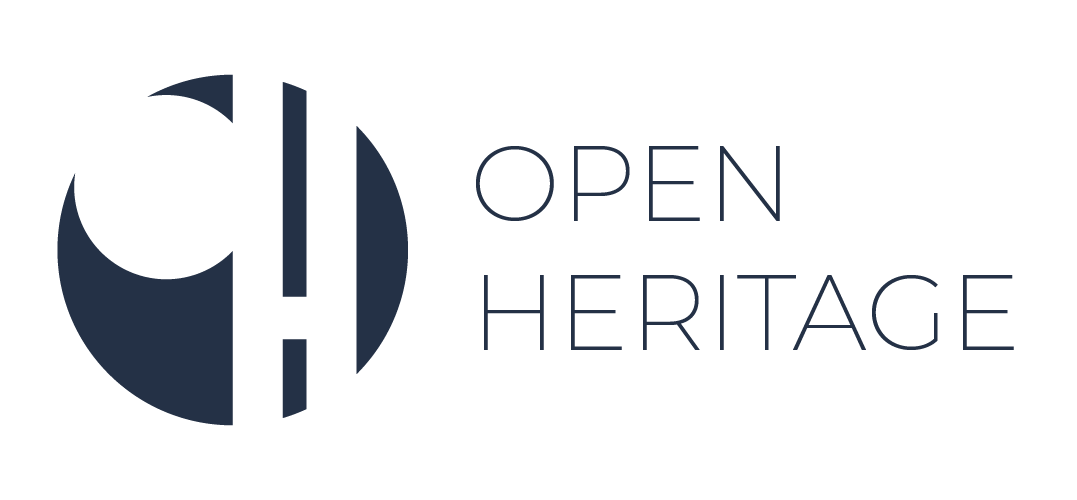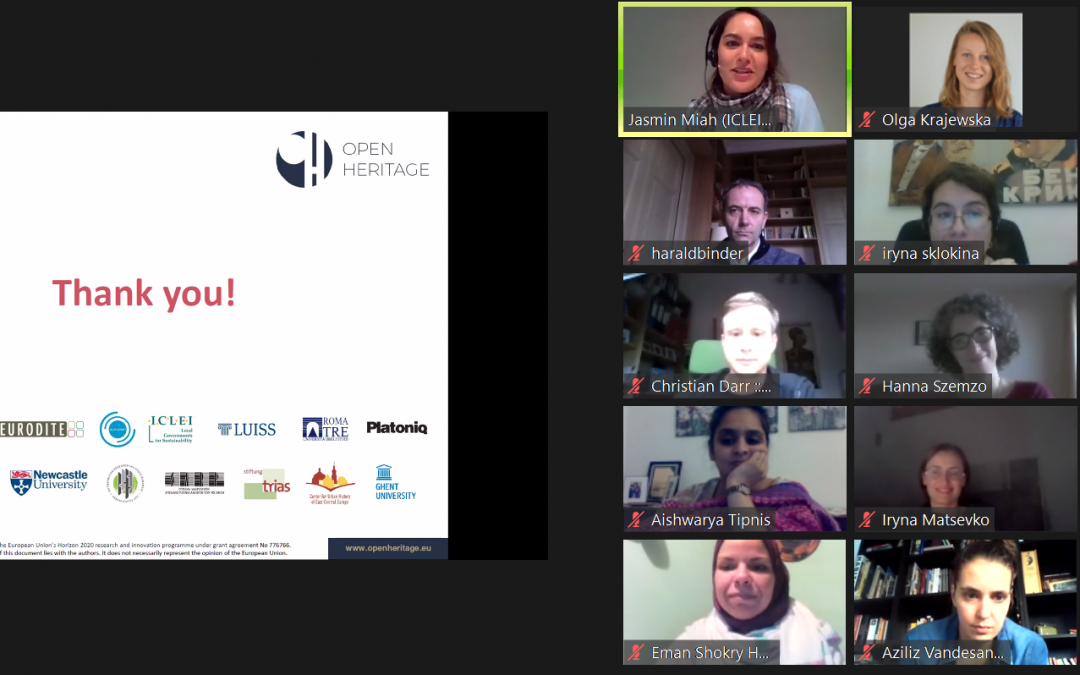Partnerships for adaptive heritage reuse are important and can benefit heritage reuse projects in many ways, for example, by bringing together different types of expertise and co-creating new ideas and solutions or opening up new financing opportunities. Good and solid partnerships can also determine how resilient and sustainable reuse projects are. But how do we build long-lasting and reliable partnerships? Where do we start and to whom do we reach out? And how can we engage various stakeholders and create a shared vision of the project?
We discussed these and many other questions together with sixty participants in the second OpenHeritage Dialogue “Sharing and Caring: Partnerships for Adaptive Heritage Reuse” that took place on 12 November 2020. The workshop was co-produced by OpenHeritage and Cooperative City, organised by ICLEI and co-organised by CEU, Eutropian, and MRI.
The second Dialogue kicked off with the input from the European Commission. Our guest, Ugo Guarnacci, Project Adviser at EASME, zoomed in on partnerships for cultural heritage in the context of Horizon2020 and the upcoming Horizon Europe. He also emphasized the importance of partnership around the Urban Agenda for the EU in raising awareness about cultural heritage which resulted in creating the Urban Partnership on Culture and Cultural Heritage: “This new partnership (…) is a true example of sharing and caring”.
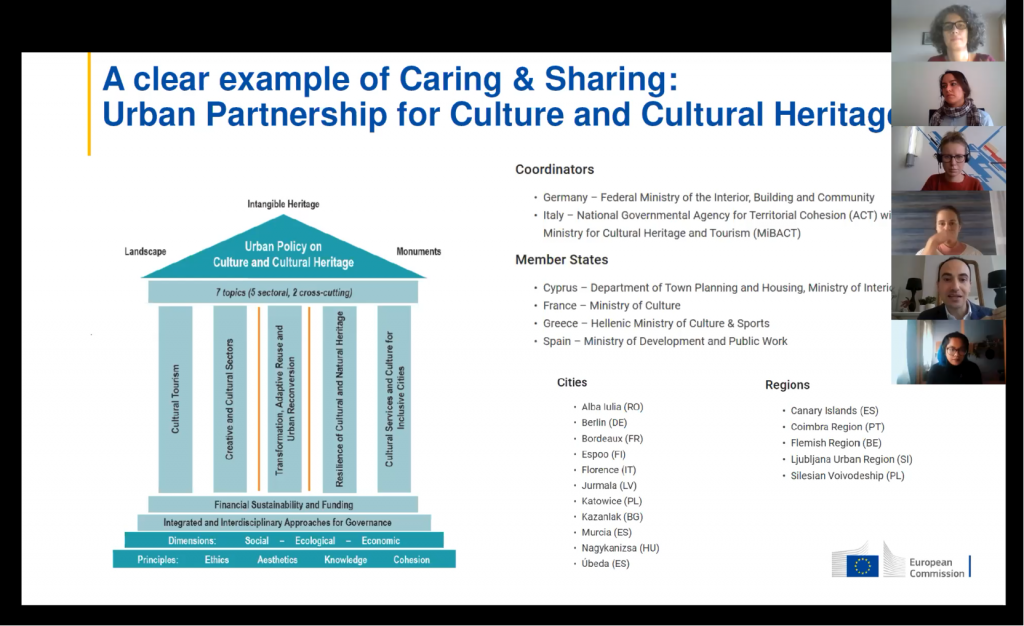
Our next speaker was Hanna Szemzö from MRI, coordinator of OpenHeritage, who introduced the project in the context of partnerships. She outlined three levels of partnerships where OpenHeritage is involved: 1) partnerships within the consortium, 2) partnerships around heritage sites and 3) institutional partnerships. She also emphasized that the project is focused on bottom-up initiatives and marginalised areas which is reflected in our ground work with the Observatory Cases and Living Labs. We learn from them how different stakeholders work together and complement each other, how bottom-up initiatives can contribute to new services and products, reach new demographics, and much more. All these observations and experiences will feed into sustainable management models for adaptive reuse that OpenHeritage aims to develop.
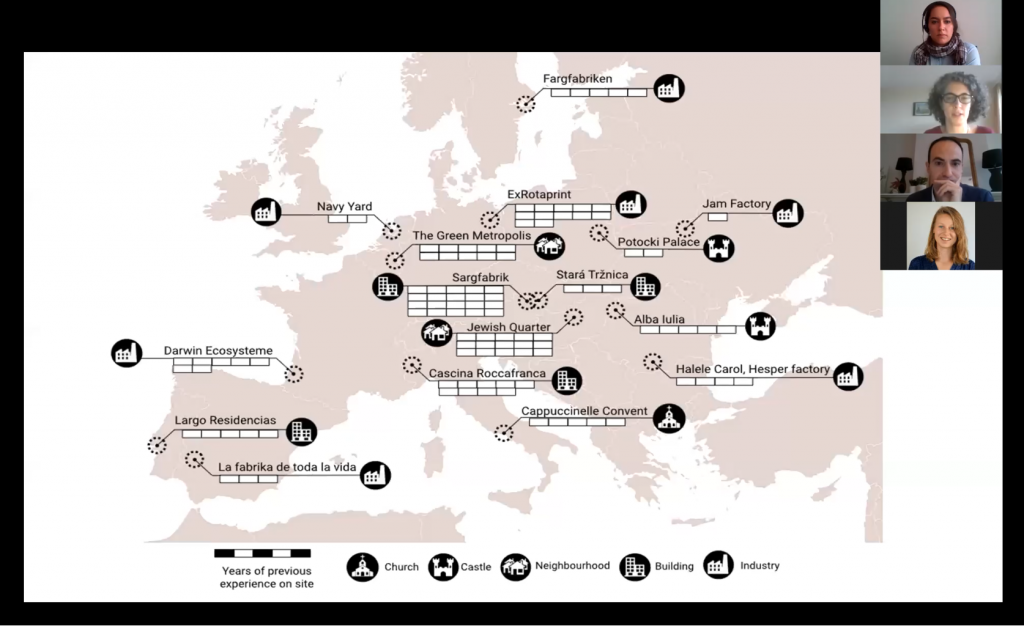
In the next presentation, Levente Polyak from Eutropian dove deeper in the methodology of Observatory Cases which in OpenHeritage are understood as experiments in heritage adaptive reuse and innovative prototypes in community and stakeholder engagement, resource integration, financial management, and an area-based approach. He then facilitated a discussion with the Observatory Cases representatives:
- Denisa Chylová from Stará Tržnica in Slovakia
- Bozhena Pelenska from Lviv Jam Factory in Ukraine
- Nadia Nadesan from La Fábrika de toda la vida in Spain
and Petra Marcinko representing the external case of Lazareti in Dubrovnik, Croatia.
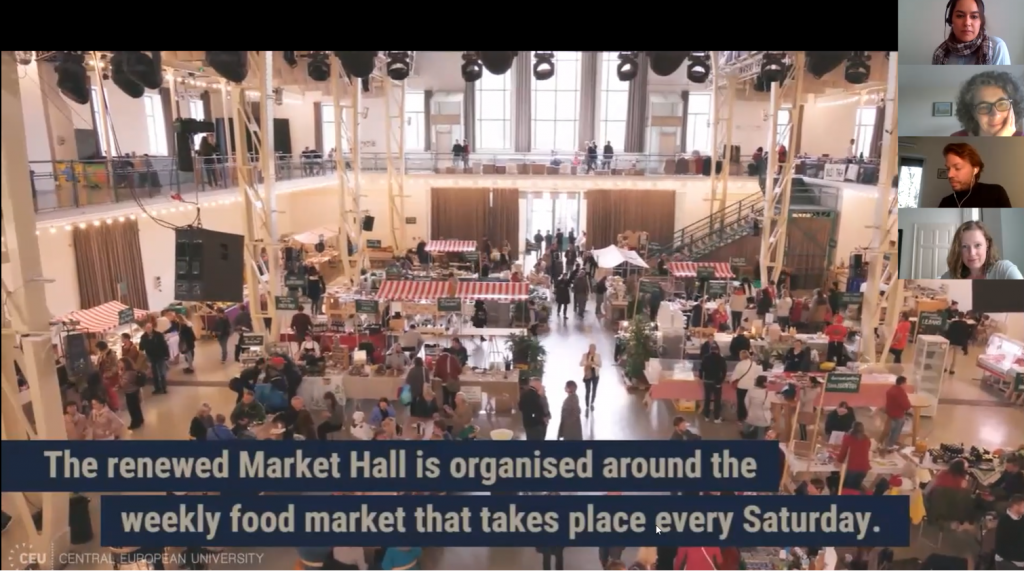
Their inputs led us to discussions in breakout rooms where participants and panellists could reflect together on concrete results of cooperation between local NGOs and local authorities, how public bodies, civil initiatives and private investors can cooperate in creating values for the community, and what governance structures can be developed for shared decision making.
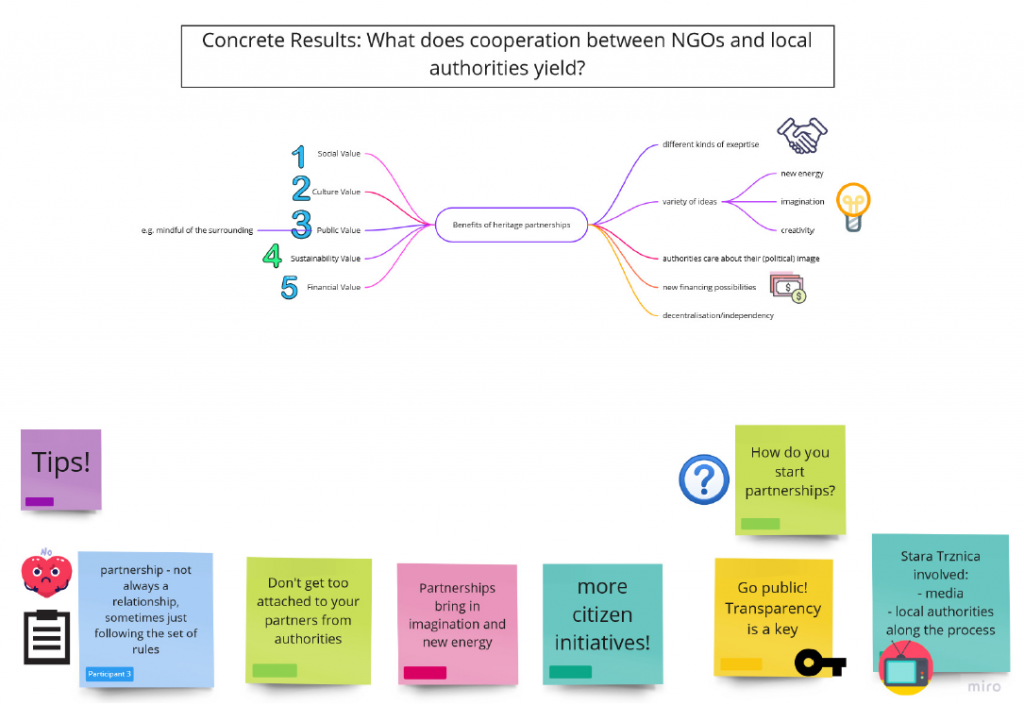
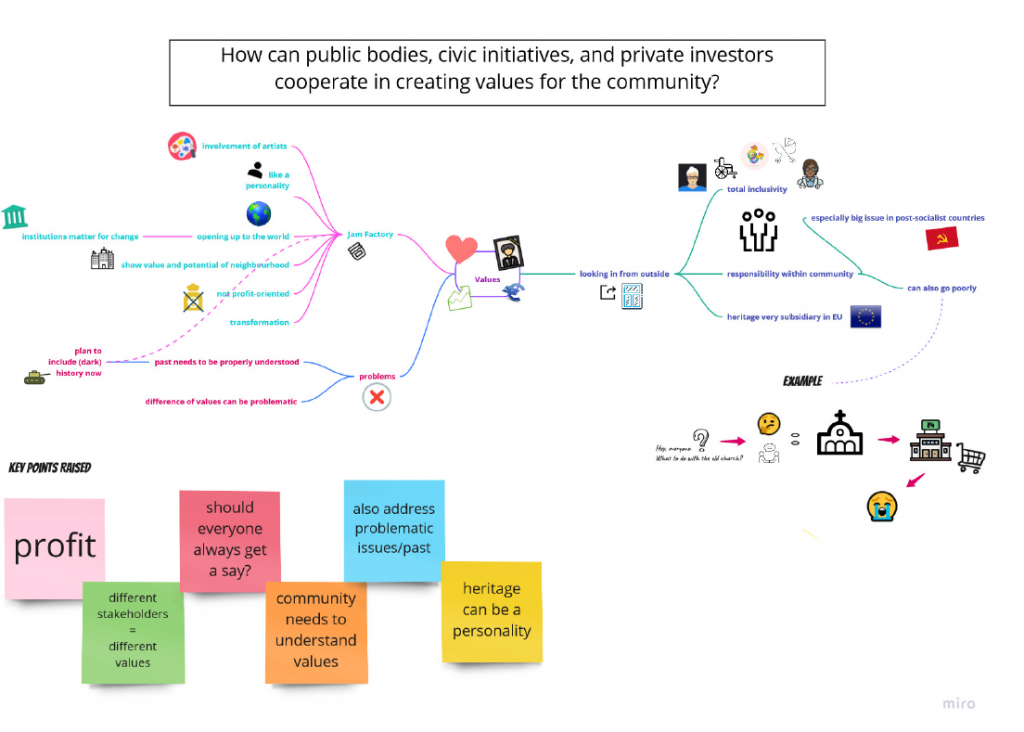

At the end of the Dialogue, we could listen to inputs from our sister projects – REACH and ILUCIDARE. REACH was represented by Eszter György who shed light on the project’s experiences with building a partnership between Roma cultural and educational organisations in Hungary which turned out to be quite challenging. Then Aziliz Vandesande presented the work of Ilucidare mainly focused on heritage-led innovation.
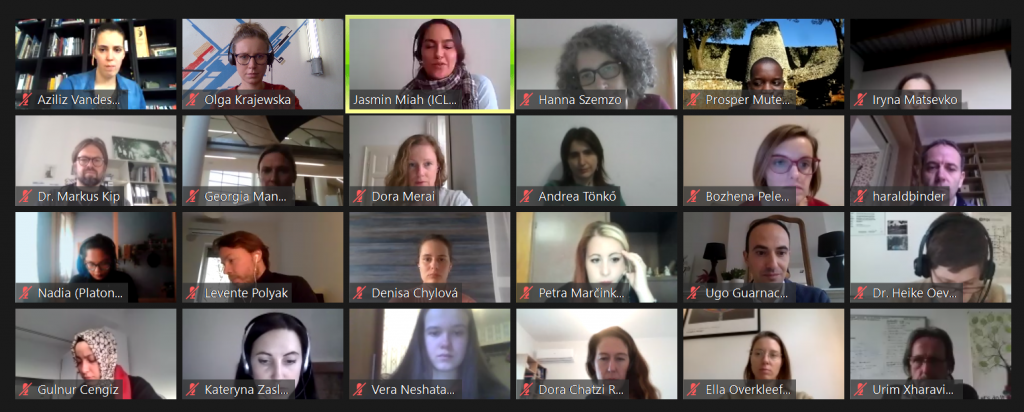
Are you interested in this topic and would like to listen to our discussions? You can now watch the recordings from the opening session as well as from the presentations of our sister projects – REACH and Ilucidare! You can also see and download all slides here.
This interactive Dialogue was a part of the OpenHeritage Dialogue Series focusing on key aspects of adaptive heritage reuse while sharing and discussing OpenHeritage results with relevant stakeholders and multipliers. Stay tuned and join us for our third and final Dialogue to dive deeper into the topic of adaptive heritage reuse!
Click here to sign up to receive updates on the third Dialogue on financing and business models for adaptive heritage reuse (Spring 2021).
